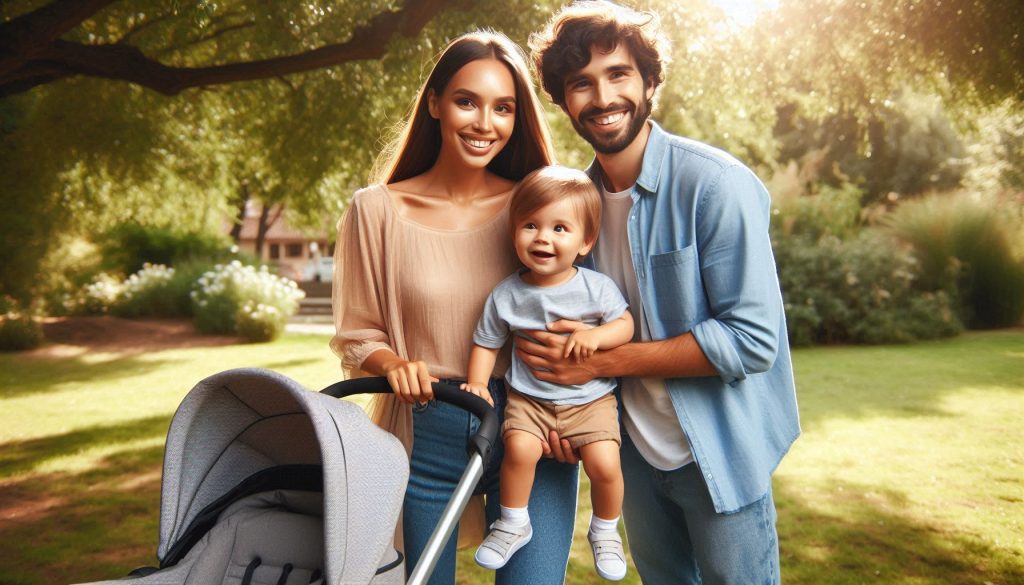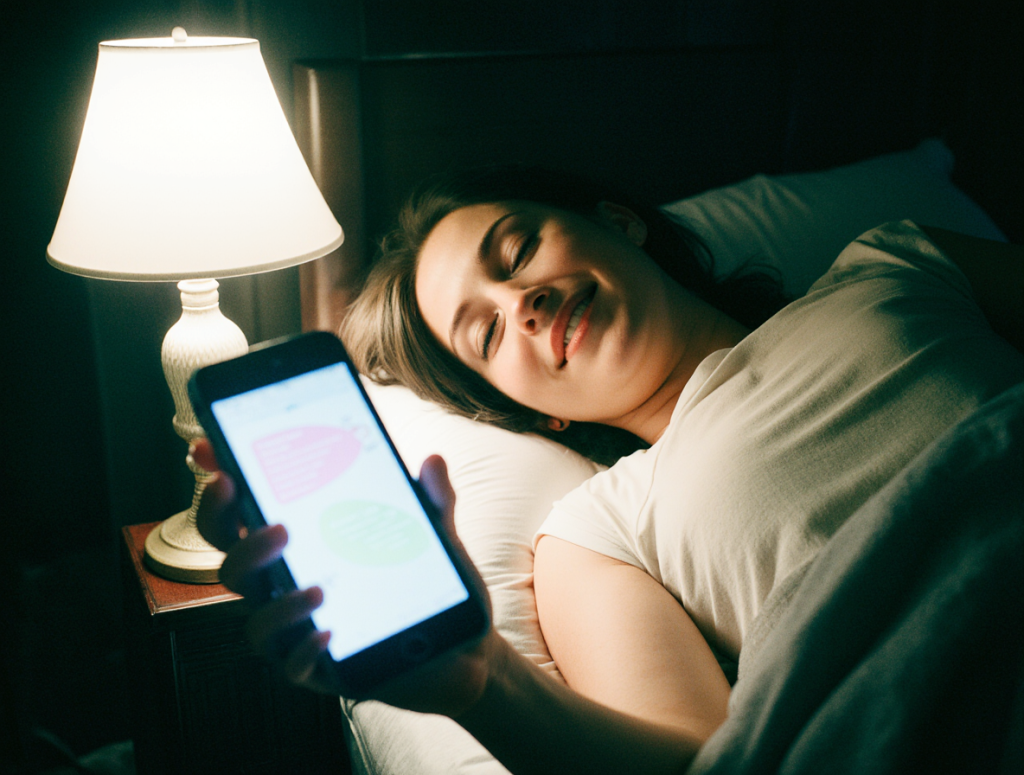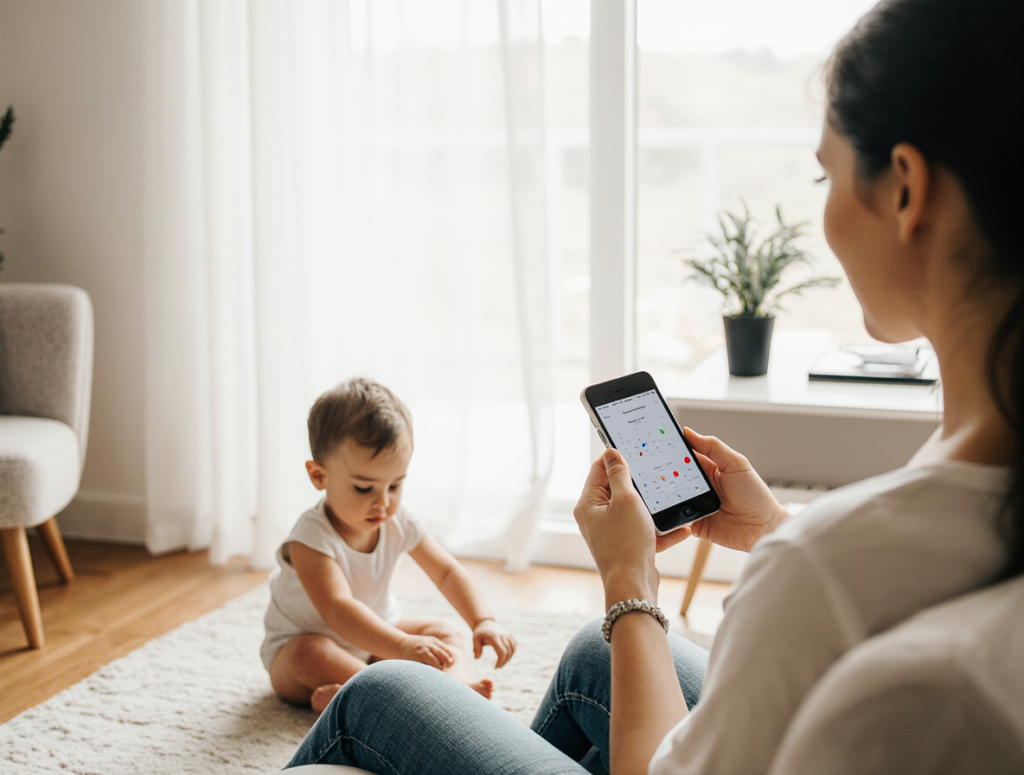Table of Contents
What Parents Really Think About Modern parenting apps – A 2025 Review
Parenting has always been a delicate mix of instinct, patience, and learning. But in 2025, something new has quietly woven itself into the modern family rhythm — parenting apps. Once viewed as just digital notebooks or baby trackers, they’ve now evolved into intelligent companions that guide, support, and simplify daily routines for parents across the world.
From India’s tech-savvy moms to Nordic fathers balancing parental leave, families are sharing real experiences on how these apps fit into their unique lives. This review compiles voices, stories, and patterns that reflect how digital parenting has become more human — and less mechanical.

💬 “It feels like someone understands our day.”
“When I first started using a parenting app, I thought it would just give me reminders,” says Sophie from London.
“But it’s more than that — it feels like it understands our schedule, moods, and even the small things I forget.”
This emotional sentiment appears repeatedly in parent reviews. Today’s best parenting apps go beyond features; they provide a sense of rhythm. They quietly assist in maintaining harmony — from nap times and meal plans to school updates and wellness reminders.
Parents no longer see these tools as screens — but as silent support systems.
🌍 Parenting Apps Around the World – A Cultural Perspective
In India, parenting apps have become household staples.
“It’s not about control,” says Anjali, a mother of two in Hyderabad, “it’s about balance. The app helps me manage my twins’ health updates and my work schedule.”
In the US, digital parenting is driven by organization and emotional awareness. Parents look for tools that help track behavioral patterns and family moments.
“Our family uses an app to sync reminders and note down special memories,” explains Ryan from California. “It keeps us emotionally connected, even when we’re apart.”
In the Nordics, simplicity and minimalism lead. Families value privacy, calm design, and meaningful insights over flashy features.
“It’s not about tracking every step,” shares Marta from Stockholm. “It’s about small nudges that help me stay mindful.”
Each region’s parenting style reflects its cultural values — and apps are adapting to those emotional nuances.
🧠 The Rise of AI and Personalized in Today’s Parenting Apps
Modern parenting apps in 2025 use AI-driven personalization that feels intuitive rather than intrusive. Instead of pushing alerts, they observe patterns — your child’s sleep, your emotional tone in journal entries, or even daily energy levels — and then offer subtle, human-like suggestions.
These apps don’t replace instinct; they enhance it. Parents often mention how AI-backed recommendations feel surprisingly empathetic:

“It felt like it knew when I was tired,” says Nisha from Bangalore. “One evening, I got a suggestion to ‘pause and breathe before bedtime.’ It sounds small, but it helped me reconnect.”
That’s the power of AI parenting done right — technology that respects emotion.
📱 What Parents Appreciate the Most
Across hundreds of online reviews, certain themes consistently appear when parents describe why they value these tools:
| Feature | Why Parents Love It |
|---|---|
| Shared Family Calendars | Keeps both parents in sync effortlessly |
| Growth & Milestone Tracking | Helps celebrate progress, not pressure it |
| Health & Wellness Monitoring | Supports balanced routines |
| Personalized Tips via AI | Feels more human, not robotic |
| Community Insights | Brings connection, not comparison |
Many parents express that the “best parenting apps” aren’t those with most features, but the ones that blend into life without overwhelming it.
🪞 The Real Test: Emotional Balance
Parenting in 2025 isn’t about perfection — it’s about presence. Apps that succeed are those that help parents feel seen, guided, and grounded.
“When my son was born, I felt lost in all the advice online,” recalls Alyssa from Chicago.
“The app I use never made me feel judged — it just kept reminding me that I was doing okay.”
This emotional reassurance, built into the app’s UX and tone, makes it feel more like a trusted friend than a tool.
🌈 Where Parenting Apps Are Headed Next
Experts believe the next evolution of parenting apps will focus on predictive empathy — using data ethically to anticipate stress, fatigue, or emotional burnout before parents realize it themselves.

Imagine an app that gently says:
“You’ve been awake for longer hours than usual this week — would you like to schedule a 15-minute rest?”
As parents demand more humanized AI experiences, the boundary between emotional intelligence and artificial intelligence will continue to blur — beautifully.
💭 Final Thoughts
Parenting apps in 2025 aren’t replacing parents — they’re reinventing support. Through hundreds of genuine reviews, one truth stands out:
parents don’t want another screen; they want connection, empathy, and calm — and that’s what modern parenting technology is finally learning to provide.




Leave a Comment